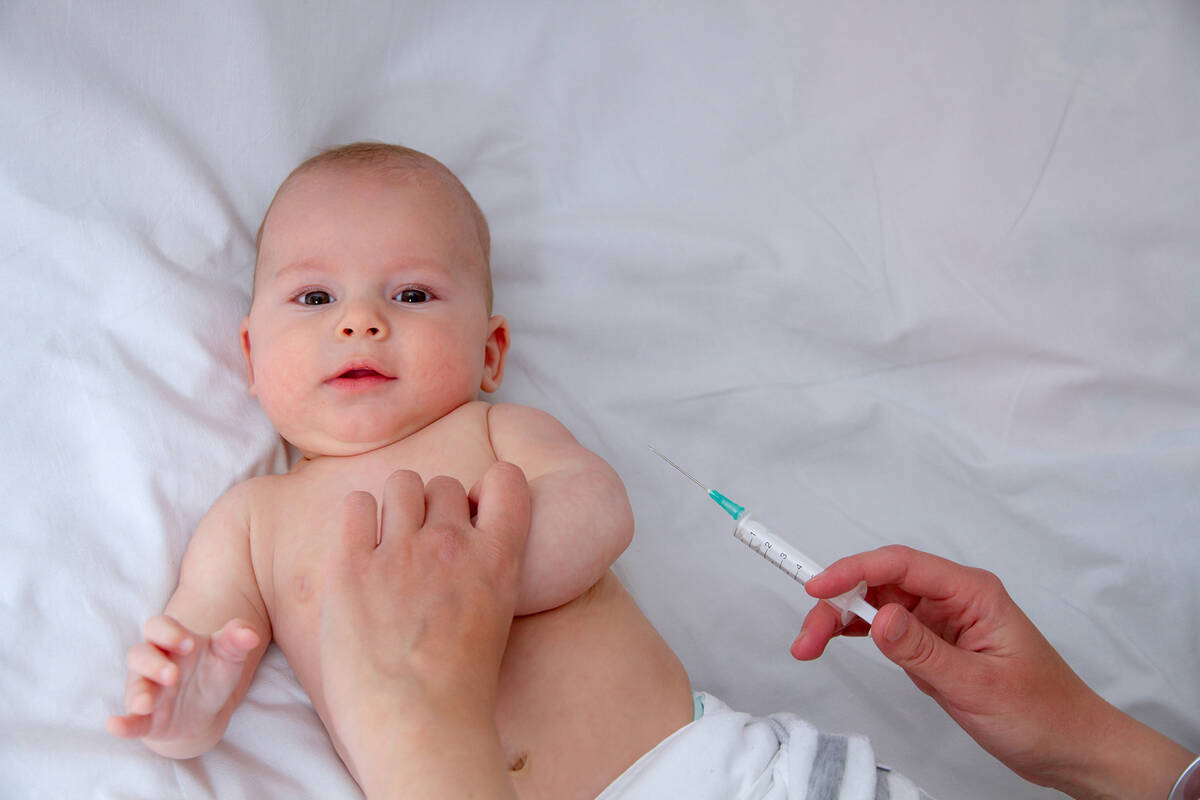What are the options for protecting babies from RSV?
Nearly all children get infected with respiratory syncytial virus, more commonly known as RSV, at least once by the time they are 2 years old. The virus can be dangerous for infants and some children. In fact, RSV is the most common cause of hospitalization in infants under 1 year old. The infection can spread to the lungs and cause breathing problems.
RSV infections are most common in late fall through early spring, but the timing can vary in some parts of the country. If your baby will be born during RSV season, new immunizations are available to protect against severe RSV infection.
The American Academy of Pediatrics and Centers for Disease Control and Prevention recommend all babies be protected from severe RSV by one of two options. Here’s what to know.
Which RSV immunization to get
There are two new RSV immunizations available. Babies are protected by either their mother being vaccinated during pregnancy or by a shot at birth or during RSV season. Either choice is very effective at preventing babies from being hospitalized due to the infection.
In most parts of the U.S., RSV season lasts from October through March and peaks in December or January.
For infants and children
Nirsevimab immunization is for infants under 8 months of age during RSV season. It is also given to some children ages 8 through 19 months who are at increased risk for severe RSV disease and entering their second RSV season. The immunization is given during RSV season.
The antibodies in the RSV immunization work right away to protect babies against RSV with the protection lasting at least five months.
For the pregnant
If you are pregnant and your baby will be born during RSV season, you can get Abrysvo, an RSV vaccine. In this case, the vaccine is given at 32 through 36 weeks of pregnancy during the months of September through January.
When you get the RSV vaccine during pregnancy, you pass the antibodies against RSV to your baby. So, your little one is protected after they are born for about six months.
If you received the RSV shot during your pregnancy, your baby will have protection that lasts through that RSV season. It takes about 14 days for the immune protection from the vaccine to pass through the placenta to your baby. If your baby was born less than 14 days after you received the RSV vaccine, they will need to get nirsevimab for protection against RSV.
The RSV vaccine for the pregnant is given just once. If you received the RSV vaccine during any pregnancy, you should not get another dose if you are pregnant again. Babies born from later pregnancies should receive the immunization designed for babies, nirsevimab.
Avoiding infection
Getting recommended immunizations helps protect you and your baby from serious diseases. RSV spreads easily through direct contact or by touching a surface that has the virus on it. From there, the infection can start if you touch your face or encounter droplets from a cough or sneeze that get into your eyes, nose or mouth. Other ways to avoid infections include washing your hands and staying away from crowded indoor spaces.
Don’t hesitate to talk with your baby’s pediatrician about keeping your baby healthy while RSV and other respiratory viruses are spreading.
Dr. Mary Caserta is a professor of pediatrics at the University of Rochester Medical Center in New York.













